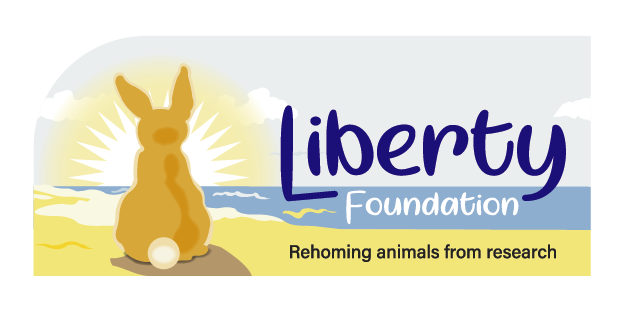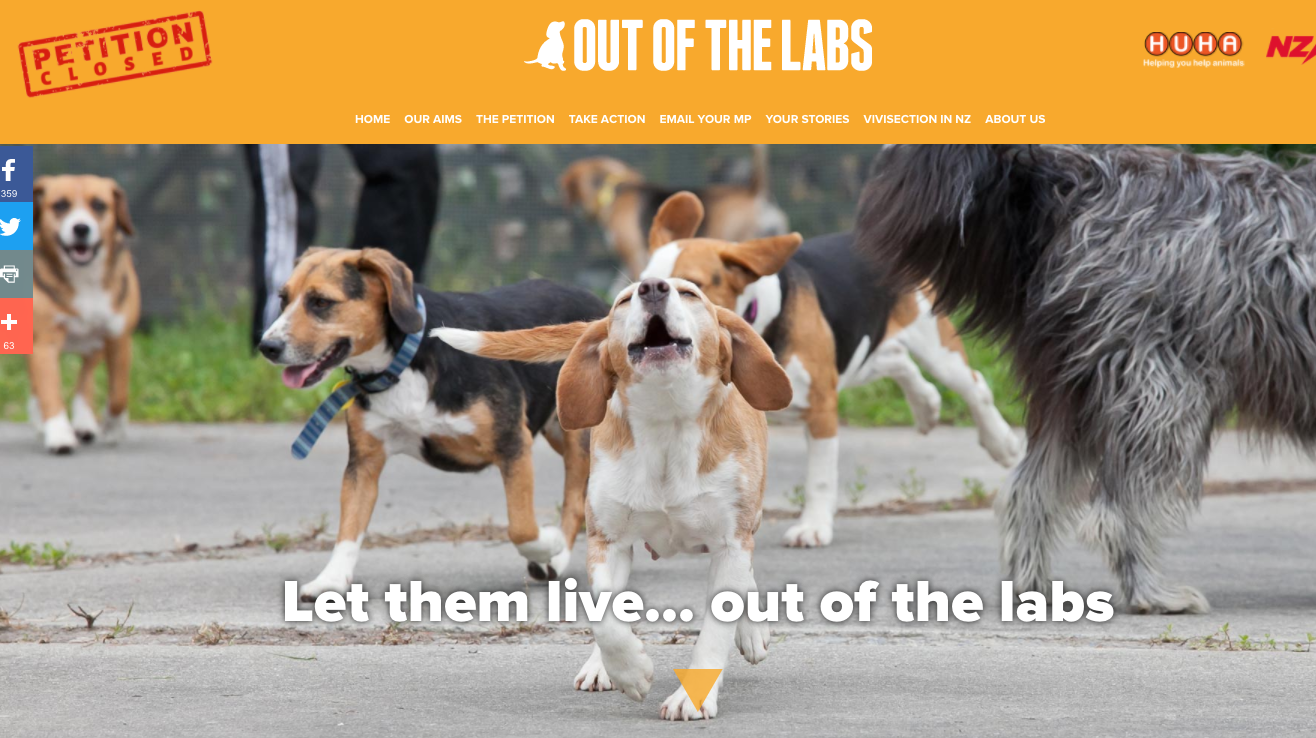With legislation for mandatory rehoming of dogs and cats from research establishments being passed in several US jurisdictions, the movement is spreading to other countries.
Another state in the USA has passed legislation that makes it mandatory for research establishments receiving public funding to provide a rehoming option for dogs and cats at the conclusion of research.
On 25 August, the Beagle Freedom Project in the USA, reported that Illinois has become the sixth state to pass the legislation, known the Research Dogs and Cats Adoption Act.
It requires a research facility to “… make reasonable efforts to offer for adoption a dog or cat determined to be suitable for adoption, either through private placement or through an animal adoption organization”.
In 2014, Minnesota passed a law that required publicly-funded institutions adopt out their dogs and cats used for research and education instead of routinely euthanizing them when they are no longer needed.
Since the Minnesota bill was passed, five other states—Minnesota, California, Connecticut, Nevada and New York—have already adopted similar legislation.
Animal advocacy groups are also aiming to get a similar amendment included in New Zealand law.
A petition with a total of 16,845 signatures, was presented to the New Zealand Parliament in April this year by proponents of the Out of the Labs campaign. It asked that researchers be legally bound to hand over animals to rescue organisations for rehoming.
The campaign was kickstarted at the beginning of the year, by the New Zealand Anti-Vivisection Society (NZAVS) and Helping You Help Animals (HUHA). In June, representatives from NZAVS gave evidence to the Select Committee for Primary Production, urging it to enact a mandatory animal retirement policy for animals used in research, testing and teaching, including all surplus and breeding animals.
With a general election due to take place in New Zealand on September 23, 2017, Tara Jackson from NZAVS does not expect anything to happen before then.
“Now it’s a waiting game,” she told Liberty Foundation. “To help encourage the government to make the right decision, we have set up a mail-out campaign so people can send a message of support to the MPs making the final decision on the petition.”
The strategy from NZAVS and HUHA is to continue pressure on the government around this issue and garner the support of MPs to make an amendment to the Animal Welfare Act. While the campaign has the support of the Greens it’s unlikely to find the same from the New Zealand National Party which currently holds 58 of the 119 parliamentary seats.
However, all select committees ceased to exist when Parliament was dissolved on 22 August 2017. There will be 12 new subject select committees when the new Parliament opens after the general election.
The momentum of the New Zealand campaign reflects a new trend based on the principle that animals deserve to enjoy a good life after their time spent in a laboratory.
“If they say ‘yes’ [NZ government], it’s kind of like providing an ambulance at the bottom of the cliff…it’s not ending animal experimentation, but it is highlighting the issue and it would decrease the number of animals killed for research, testing and teaching annually greatly.
“We want to minimise the amount of suffering due to vivisection at the same time as we campaign to end animal experimentation entirely, ” said Ms Jackson.
“We would like to start our own rehoming centre and we have the following and support that we could do something like that. It’s in their [NZ government] hands now,” she said.





